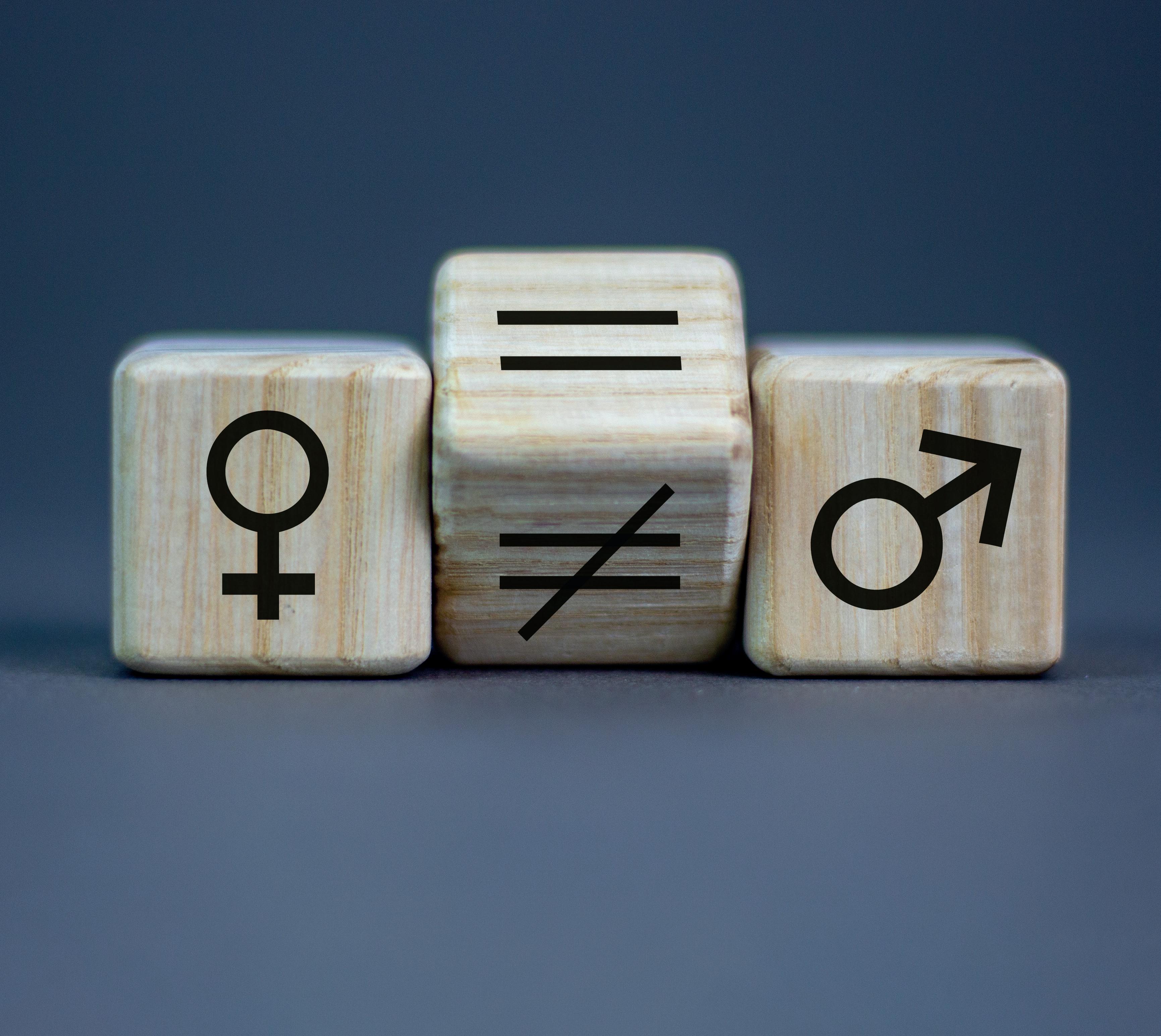
5 minute read
EMPOWERMENT
EMPOWERMENT STRATEGIES FOR WOMEN
SANDRA DUBE, Government Liaison Manager at Cell C, highlights the importance of skills development in the empowerment of women and that men are important allies on this quest
“Freedom cannot be achieved unless women have been emancipated from all forms of oppression. Our endeavours must be about the liberation of the woman, the emancipation of the man and the liberty of the child” – the words of then President Nelson Mandela at the opening of the first Parliament of a democratic South Africa in 1994, remain true today.
Women the world over have been fighting for their right to be heard and seen as equal participants in society with much to contribute, for decades. In South Africa, with various laws, platforms and programmes put in place by the government and corporate citizens, there has been notable progress in moving women forward. However, how does one measure the impact and relevance of the changes made for and by women in an ever-changing world and society with changing demands on women?
According to StatsSA, as of 2018, femaleheaded households were at a staggering 41.6%, which is an estimated 6.1 million. With the global Covid-19 pandemic and its impact on South Africa’s economy resulting in job losses, it’s safe to assume that the burden placed on these femaleled households has since also increased. It can also be argued that while some gains have been made over the years, the rate at which women are occupying leadership and decision-making seats, or even receiving a promotion at work, is painfully slow. We need to find a way to prepare the women of the future. Empowering women needs to happen at an early stage, so they can grow up with the tools and knowledge to deal with various challenges that life may throw them, whether in their personal or professional lives. Women empowerment is centred around economic development, but for anyone to be in a position to lead economic change, there are life skills to support academia and economics that young women should be empowered with.
Many studies seem to indicate that women possess certain attributes which in some cases make them better leaders and decision-makers; these attributes need to be honed. Female leaders in both business and politics have been known to have high emotional intelligence (EQ), which, in some cases, achieves better results. Over and above teaching and empowering young women with professional and workplace skills, their emotional intelligence, mental health and wellness also need to be developed to form well-rounded leaders who are able to balance life holistically.
TAKE A GIRL CHILD TO WORK DAY
Programmes such as the ‘Cell C Take a Girl Child to Work Day’, not only expose young girls to the workplace and a variation of careers, but it also empowers and encourages them to understand the importance of personal development. This programme in its 19-year history has potentially inspired over five million girls, some of whom are currently active participants in the economy and leaders in their respective fields. Furthermore, platforms such as Cell C Girl offer young women advice and tools that assist them in coping with life’s challenges such as peer pressure at school and in the workplace, mental and physical health and wellness as well as personal development.
Cell C takes it a step further, by not only imparting skills and knowledge through the likes of Take a Girl Child to Work Day or the Cell C Data Science Academy, which teaches digital skills – a requirement to survive in the digital age – but by also investing in their education with the Cell C Bursary Fund (previously Cell C Girl Bursary). Until the end of 2020, the fund had sponsored 25 girls, of which 23 are currently employed. This year, Cell C has 50 beneficiaries and 41 of them are female.
Although we still live in a predominantly patriarchal society which we are trying to change, our efforts to achieve gender equality should not inadvertently create an imbalance by empowering the girl-child and forgetting about the boy-child, who too plays a vital role in society. We need to be mindful of the effect of patriarchy on not only women but also on men. With youth empowerment and empowering girl- and boy-children, we can work towards building a community of empowered men and women who move the country forward.
Unemployment, for example, is increasing annually and many experts agree that the solution lies in developing an entrepreneurial mindset in the youth, and particularly in women.
We see a large number of women owning informal businesses such as spaza shops in townships, tuck shops at schools, and selling clothes or fruit and vegetables on the street. These are all informal businesses that point to the opportunity for more incubation and formalising these ventures, so that they are able to contribute further to not only job creation and socio-economic growth and development but also tax revenue collection.
DIGITAL SKILLS DEVELOPMENT

The Fourth Industrial Revolution is a reality and in this digital age one cannot talk about socio-economic development without taking into consideration digital skills development. The acceleration of digital learning, working, trading and social engagement has been unprecedented. Moving or operating a business online, opens up business owners to a wider community of potential buyers, beyond the borders of their communities, provinces, and potentially their country. Imagine the power a digitally versed and empowered woman would have. As advocates of women empowerment and early youth development of the girl- and boy-child in our communities, we cannot neglect our immediate community – the Cell C workforce. We have considered that our employees are an integral part of the society within which we do business and need to be included in our empowerment initiatives and programmes. In order to empower our workforce, we run internal programmes that are dedicated to digital skills development such as #TechLikeAPro, which has weekly episodes highlighting different themes and/or topics of learning. Additionally, Cell C hosts roundtables and workshops with women as an information sharing platform to help women support and empower each other. Ultimately, what we need is adaptability to the changing world and its demand on our people, including our approach to women empowerment. We need to assess how society evolves and adapt our programmes and initiatives accordingly to ensure that in our endeavours to support and empower women, we create the necessary balance without creating new imbalances. Important in this narrative and approach is that in the empowerment of women, men matter too, they are important allies to the quest for gender balance.

SANDRA DUBE
Questions? S.Dube@cellc.co.za










